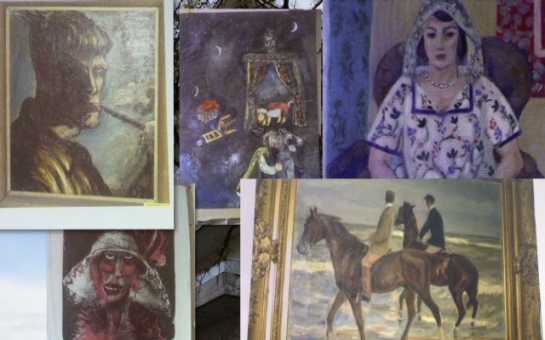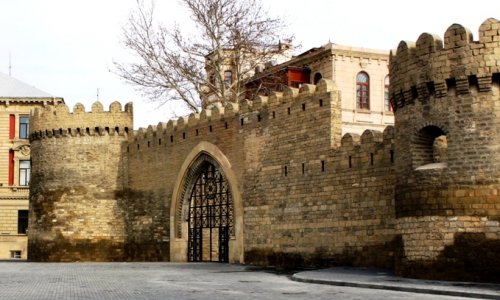In an extensive interview with the German magazine, Der Spiegel, published online on Sunday, Cornelius Gurlitt describes how he has never mixed with other people and sees the more than 1,400 pictures that he inherited as his only friends.The son of a Nazi-era art dealer talked to Der Spiegel while travelling out of Munich to see his doctor. Since officials entered the 80-year-old's flat in 2012 and removed his paintings, many of them masterpieces, his life has become even more lonely. "I am not Boris Becker. I am something very quiet. I only wanted to live with my pictures," he says.The vast stash of paintings found in the apartment by the likes of Picasso, Matisse and Chagall, some previously unknown, others that had been presumed lost forever, is thought to be worth upwards of $1 billion.His father Hildebrand Gurlitt who was partly Jewish, survived the war as one of only four "degenerate art" dealers permitted by Adolf Hitler. Gurlitt Sr., by all accounts a savvy wheeler and dealer, removed the huge collection from his house in Dresden during the devastating bombing in the final days of World War II, and moved it to what later became West Germany. "My father knew ... the Russians were coming closer," he tells Der Spiegel.Gurlitt defends his father's war-time dealings, saying "maybe he was offered something privately, but he would not have taken it. It would not have been good for him."Gurlitt Sr. died in a car accident in 1956, and left all his paintings to his surviving family. His son Cornelius remembers helping his father remove them from the family house in Dresden, and driving them west in a truck. "I never had anything to do with the acquisition, only with saving them."Cornelius Gurlitt never married, never made friends, and eventually moved to Munich with his mother when he was 27. Until she and his sister Benita died in recent years, he had never lived alone. He remains cross with Benita for dying ahead of him. "She could have inherited everything, and she would have known how to deal with everything. Now everything is so miserable," he says.Gurlitt says he has no lawyers, and no one to help him. "They are portraying everything wrongly. I will not talk to them, and I will not return anything voluntarily, no, no. The prosecutor has enough evidence to exonerate me."Gurlitt does not own a mobile phone and has never used a computer. The auction house Lempertz in Cologne told CNN that Gurlitt sold them a painting by Max Beckmann in 2011. A spokesman for the auction house described Gurlitt as a somewhat helpless, confused man, easily to be taken advantage of if anyone so desired.For now, Gurlitt lives alone and is isolated once more in his Munich flat. For days after news of the incredible find broke, he was holed up there, with the doorbell ringing nonstop and people putting notes and letters under his front door. But all he wants is the return of his art. "What kind of state is this that shows my private property?" he asks. "They have to come back to me."(CNN)ANN.Az
'I only wanted to live with my pictures'
Culture
22:14 | 19.11.2013

'I only wanted to live with my pictures'
The man at the center of an immense art find suspected to have been looted during the Nazi period has spoken publicly for the first time, saying he longs for the art to be returned to him.
Follow us !










